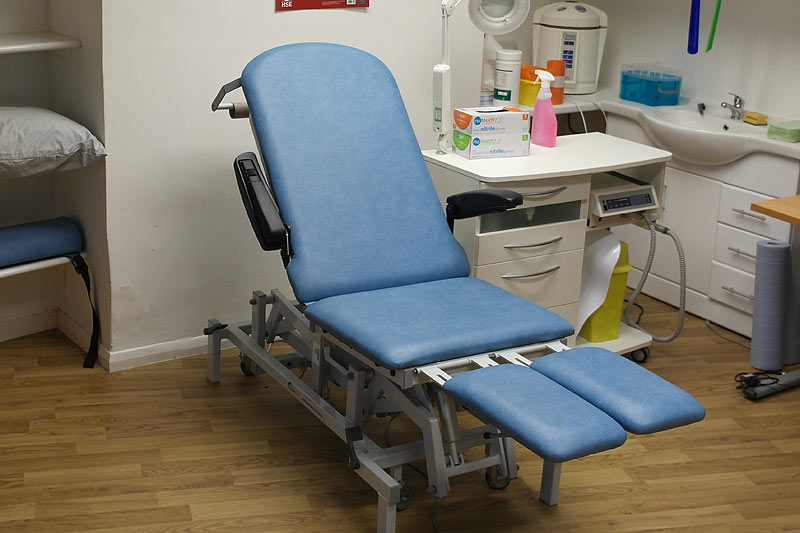

Diabetic Foot Care
Diabetes sufferers are prone to foot problems because diabetes can cause nerve damage, which reduces sensation and makes it more difficult to sense trauma or pressure on the foot.
It also alters the immune system which decrease the body’s ability to battle infection. Diabetes can also affect circulation in the legs and feet, which makes it harder for wounds to heal. Small infections can progress rapidly and cause skin and other tissue to die, which can lead to amputation. Foot infection is the most common reason for hospitalisation among diabetes suffers and non-healing wounds and foot ulcers are the primary causes of amputation for those with diabetes. All diabetics should regularly examine their feet but those who are particularly at risk include people who have had diabetes for longer than 10 years, males, those with heart, eye or kidney complications and those with poor glucose control.
It is important for diabetics to avoid foot problems and several precautions can be taken to reduce risks such as; checking, washing and drying feet thoroughly every day, wearing socks to bed if the feet are cold, applying lotion after bathing to prevent drying and cracking, wearing well fitted shoes and changing them every 5 hours to alternate pressure points, wearing shoes at all time to prevent injuries, exercising to promote circulation, keeping toenails straight and short, avoiding antiseptic solutions on the feet as this can cause skin injury and having all foot problems treated immediately and professionally.
Other Foot Conditions: Ageing Feet, Blisters, Chilblains, Gout, Heel Pain, Osteoarthritis, Rheumatoid Arthritis, Sweaty Feet, Verrucae - for full advice please follow this link to The College of Podiatry.

Get in touch
To find out more about our foot care services please call us at our nearest podiatry clinic.

